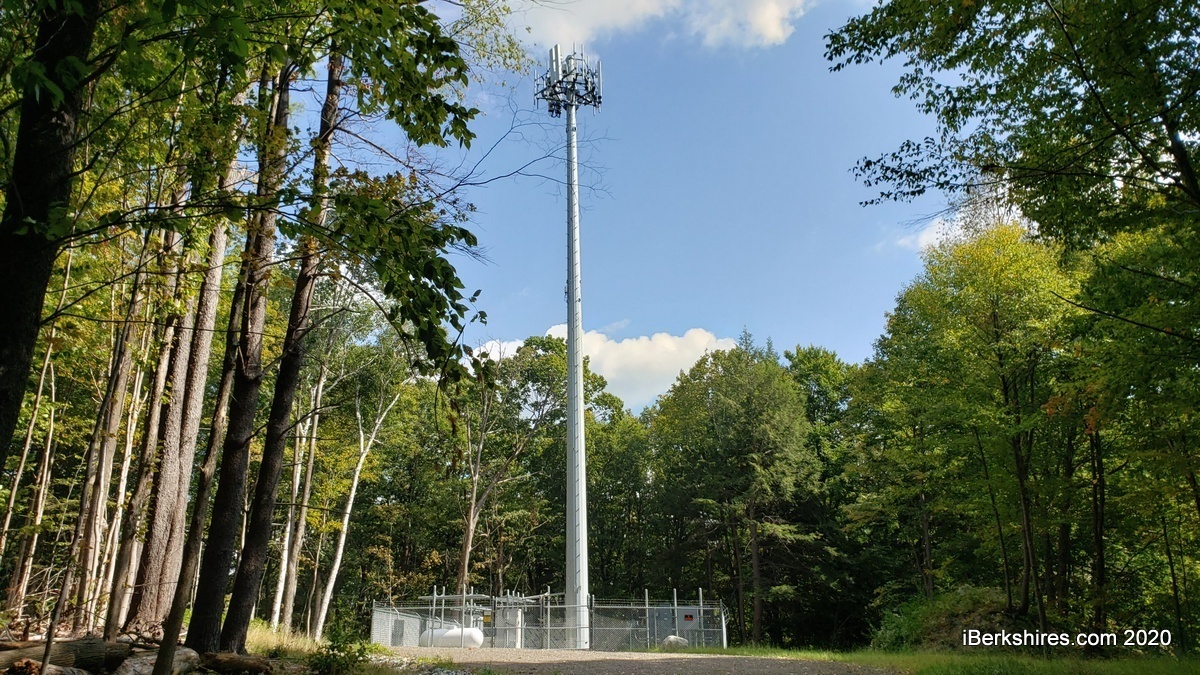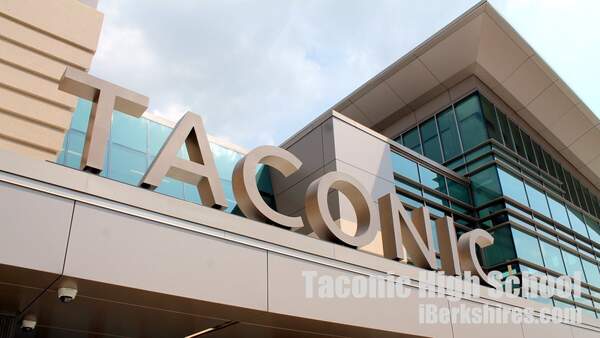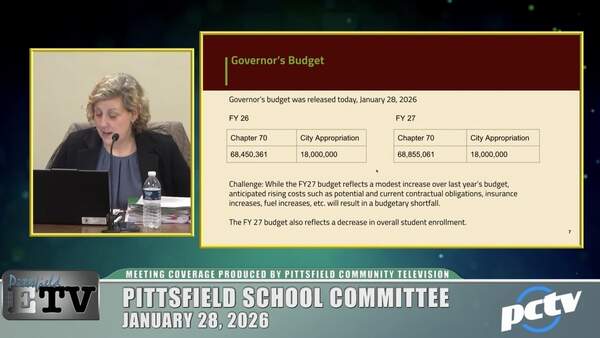
Pittsfield Health Officials to Contact Verizon About South Street Cell Tower
PITTSFIELD, Mass. — The Board of Health has agreed to begin a dialogue with Verizon Wireless about health concerns related to a controversial cell tower at 877 South St.
At last Wednesday's meeting, the board heard from a panel of four specialists who reportedly have expertise in electromagnetic radiation (EMR) before making a decision to contact Verizon.
They had previously admitted that this topic is "outside of their expertise" and needed outside input on the topic to do it justice.
The panel was the first part of an action plan approved in May that includes contacting the governor's office and state Department of Public Health in support of Senate Bill 2418 to form a special commission to research the impact of EMR and radiofrequency radiation in the commonwealth; obtaining an engineering consultant to measure the radio frequency power transmitted from the cell tower and evaluate compliance with Federal Communications Commission radiation limits; and researching resources for conducting an epidemiological study of the health concerns reported from residents in this neighborhood.
After input from the EMR experts, the board decided to eliminate the last step of the plan to conduct an epidemiological study because it is reportedly not a realistic study to conduct with the number of other exposures in the city.
Those who live on Alma Street, which abuts the cell tower, see the board contacting Verizon as a beacon of hope.
The residents — primarily Courtney Gilardi, who has advocated for her neighborhood — have been complaining of negative side effects since the tower was erected in August 2020. Opponents of the tower say there was not proper permitting or notification to abutters.
"Finally, for the first time since October, the experts and the physicians who had been reaching out to city on behalf of this issue had the opportunity to share information and engage in a meaningful discussion. It was not always an easy conversation, but the willingness for the BOH members who have recently become involved to address this and the sensitivity and respect for which it was handled under [Chairman] Mr. [Steve] Smith's leadership — and the action they are taking on our behalf — is a unified first step in providing relief for the neighbors and recognition for the nightmare that the last year has been for us," Gilardi said to iBerkshires.
"We are hopeful we will have the full support of the city in moving forward with cell tower setbacks to prevent this from happening elsewhere."
Panelist Dr. David Carpenter, who is the director of the Institute for Health and Environment at the State University of New York at Albany, explained the two types of optimal or epidemiological studies that are typically used in this scenario.
The first is a case-control study in which the health of people who are exposed to the cell tower is compared to the health of those who aren't. This study, he said, is not realistic to conduct in the city because of the number of exposures it boasts.
"This is not realistic in Pittsfield, partly because there are so many sources of exposure to radiofrequency radiation, cell phones, cell towers, wifi, smart meters, GPS, wireless everything," he said. "It's very difficult to have a good exposure assessment unless you have measurements of all of the exposures that people are exposed to, so that's a difficult task."
The other type of study would look at the people who live close to cell towers as compared to people who don't. This is also difficult due to the number of cell towers in an urban setting such as Pittsfield, he said.
"I'm not very confident that I can suggest that there be an epidemiological study in Pittsfield, focused on this specific cell tower, that would lead to credibly interpretable scientific results," Carpenter said. "That doesn't mean that the issue is unimportant."
He also spoke on the health effects of radiofrequency fields. There are reportedly three major diseases that are documented in humans from exposure to electromagnetic fields: cancer, specifically brain cancer; reduction in sperm counts in men; and electrohypersensitivity (EHS.)
EHS does not affect every person but when it does, it is a "debilitating disease," Carpenter said.
"The diseases are real, the symptoms are real, and the Board of Health needs to acknowledge on the basis of the weight of evidence from around the world," he added. "The cancer, male infertility, electro-hypersensitivity are real diseases but if you do a study that small it's not going to really solve the problem."
Other symptoms of EHS that the panelists suggested were issues with blood and heart rate. They said that the only way to avoid these symptoms is to avoid EMR.
There is no guarantee that anything will come out of the board's correspondence with Verizon, but possible outcomes are the relocation of the cell tower or having it turned off for a trial period —unbeknownst to the neighborhood — to monitor their symptoms.
The board will address this communication and a "concrete plan" in its next meeting in July.
Tags: BOH, cell tower,















